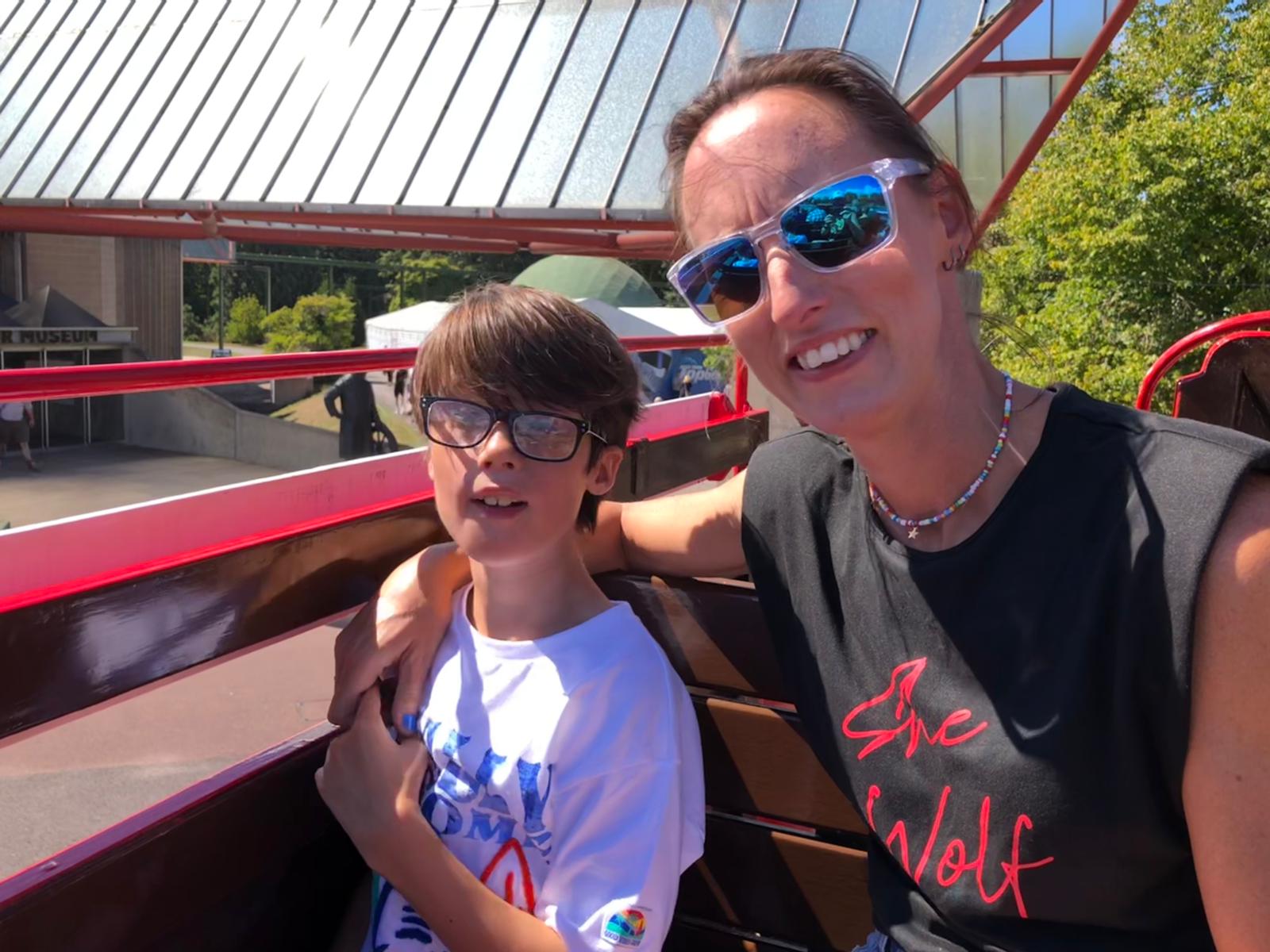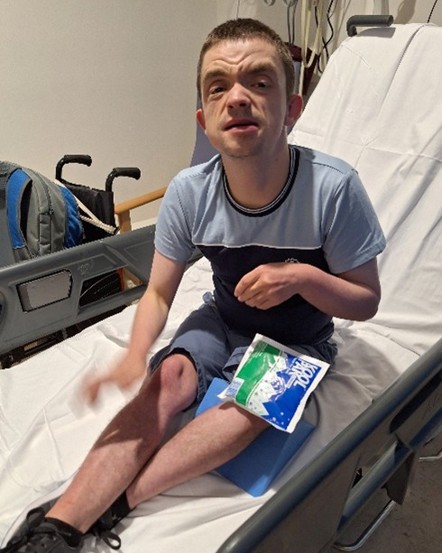What Did You Just Say?

Emily Sutton
I was launched into the world of special needs on New Year's Eve 2012, on the birth of my son, Jenson. He is fabulous, sprightly and loving, and has r...

From the rude to the ridiculous, from the insulting to the insane. Stupendous and shocking, ignorant and inflammatory. Here is a selection of the ‘best of the worst’ things that have been said to parents of children with disabilities.
Which ones can you relate to? Which ones make you most mad?
Let’s start with the old favourite: “He doesn’t look autistic”.
Where do we even begin with this one! Similar in intent to “But he looks so normal”, there is just no response that can do justice to the stigma and stereotype that this is perpetuating.
What exactly should a person with autism or a disability look like? Such a comment can be attributed to basic ignorance, naivety, or living under a rock for the past fifty years.
Then there’s those who show envy:
“I wish I got a new car every three years”, “I wish my child got free transport to school”, and so on.
Actually, I would rather he could WALK! I would rather he could take himself safely and independently to school, like other children his age, skipping along the playground to his class while I chat to other mums at the school gate.
I’d rather not be driving this cumbersome, oversized van past four schools before arriving at ours, seven miles away in the next town. Every day struggling for a parking space large and long enough to extend the wheelchair ramp.
To the downright dangerous:
“She’ll eat/drink if she’s hungry enough”. One of the most ill-informed statements ever known to man. And to make this one worse, it has even been known to be uttered by health professionals!
Feeding/drinking/oral-motor issues are one of the most misunderstood and misrepresented phenomena in the world of children’s health, and yet one that most people have an opinion on!
The knowledge-by-association comments can be incredibly enraging:
“My friend’s sister’s nephew is autistic, so I understand”, along with “my cousin has a chromosome disorder, I think it’s the same one”, and other similarly absurd sentences. Such people are often trying to find common ground, but are entirely medically illiterate.
However, when they proceed to deliver chapter-and-verse about the experiences of these tenuously-linked people, and depart golden nuggets of advice, it becomes extremely tempting to accidentally stamp on their foot.
Following on from the above, one thing that becomes apparent to a parent of a child with a disability, is how many amateur medical experts there are out there! I bet every one of us has been offered a plethora of well-meaning, but quite frankly, totally useless advice.
Ranging from the mildly frustrating: “Have you tried….”[mashed banana/parenting courses/being stricter/alternative therapy] to the highly irritating: “She’ll grow out of it”, “He’s just a slow learner”, “She’ll catch up” and even “They’ll find a cure for that” (my personal favourite).
This one has a particular sting in its tail, and saddens me greatly:
“Weren’t you worried about having another one?” or even “Were you offered a termination?”
How does any parent begin to know how to respond to this? I can remember one time being asked this in a playground, when heavily pregnant with my second child, I pointed to my 3-year-old and said “Would it be so awful to bring another one of those into the world?” Sadly, I know I am not alone in having had anti-natal professionals offering highly loaded ‘advice’ about terminations, anti-natal testing, and ‘risk factors’.
We can’t conclude without mentioning the question that trumps all others:
“What’s wrong with him?”
Vocabulary is everything. The word ‘wrong’ implies damage, harm, impairment, and promotes the construct of segregation and exclusion. While it is not a vile word in itself, it naturally invokes an inflammatory reaction because we as parents see our children for all of their wonderful qualities and attributes, despite their difficulties.
Let’s just finish off with a quick-fire of some more shortlisted favourites:
“You must be so tired, make sure you have time for yourself”
“But at least she’s happy”
“But everyone is somewhere on the spectrum”
“When will he die?”
“Special children are only given to special parents”
There are so many more questions and comments that have been omitted from this article and I would love to hear of others that I have missed, and more importantly, how you have responded!
Let’s finish by acknowledging that the majority of people are mindful and thoughtful of what they say, and the above examples are luckily, few and far-between.
It is also important to recognise that children should be encouraged to ask questions and show curiosity, and that a child’s unfiltered vocabulary may not always be appropriate but should not be chastised in the same way.


